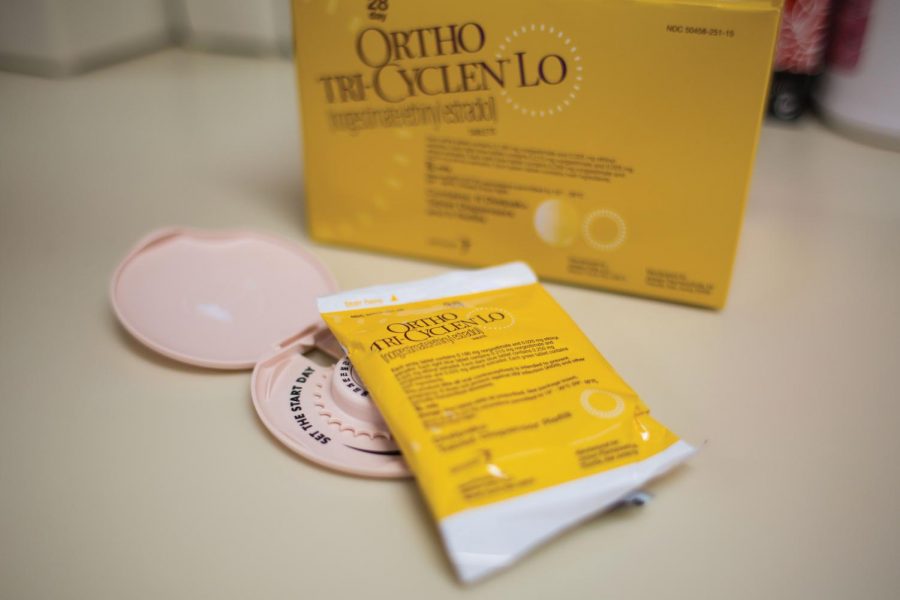Reproductive Justice in Oregon
January 11, 2016
Oregon women now have a greater access to birth control than any other state in the country. Two new laws that were recently enacted allow pharmacists to prescribe birth control and require insurance companies to cover a 12-month supply of the pill patch or ring at one time. Meaning women can now receive a full year supply of birth control from their pharmacy without having to make a doctor’s appointment
According to Drew Dakessian, a graduate student in Women, Gender and Sexuality Studies, the new laws represent an important step forward in reproductive justice.
“This is definitely a paradigm shift from the way things used to be,” Dakessian said. “This is a win for all of us because it signifies our ability to affect change where reproductive justice is concerned.”
House Bill 2879 allows pharmacies instead of doctors to provide prescriptions for oral pills or transdermal patches for birth control. In order to do so, pharmacists will need to complete additional training and women requesting a prescription must complete a questionnaire that determines their eligibility.
If a pharmacist objects to prescribing and providing birth control, they must be able to provide information about other locations where their clients can receive birth control.
The purpose of these laws, according to Lorinda Anderson, instructor in the OSU school of pharmacy who specializes in women’s health, is to make contraceptive resources more widely available to all women.
According to Anderson, Oregon is among the first states to pass these laws. California is writing and revising its similar birth control laws; Washington and Colorado are considering similar legislation.
“There has been a lot of discussion and talk for quite some time now about trying to get especially oral contraceptives greater access, either by pharmacists providing them or over the counter,” Anderson said.
According to Anderson and Dakessian, taking time out of the day to find transportation to see a doctor can be a hindrance for some women. Previous research on the effects of these laws has shown that they are effective at eliminating the barrier of a doctor’s prescription and can make birth control more readily accessible, decreasing unwanted pregnancy.
“Women currently have to go see their doctor in order to get a prescription for oral birth control and there’s really no reason they need to go see a doctor,” Anderson said.
According to Cassandra Dotson, a pharmacy resident at Student Health Services, the Student Health Services Pharmacy is in the process of completing the training and obtaining the necessary certification to write birth control prescriptions. SHS should be ready to begin writing birth control prescriptions sometime in the near future, Dotson said.
Dotson’s current research focuses on House Bill 2879 and its possible outcomes. Originally, Dotson had some concerns including the structure of the pharmacist certification and a potential conflict of interest resulting from pharmacists serving as both prescribers and providers. Ultimately, however, Dotson has concluded that the new laws should be beneficial to women with minimal drawbacks and is confident in the ability of Oregon pharmacists to fulfill their new duties.
“I think that with how well the board (Oregon Board of Pharmacy) has taken initiative on putting the protocols out there and having guidance for pharmacists — I think there is absolutely no reason we cannot do it.”
























































































































